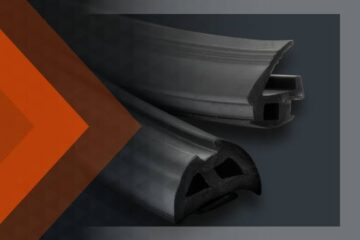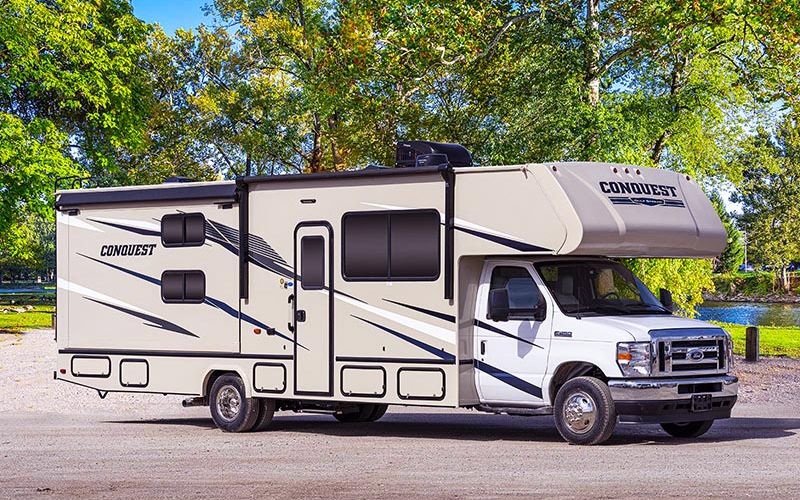In the dynamic landscape of modern business, the presence of a dependable fleet of vehicles is nothing short of indispensable. Be it for efficient deliveries, crucial client meetings, or the seamless provision of services, these vehicles constitute the very backbone of operational success. Yet, with this convenience also comes the weighty responsibility of safeguarding them on the bustling thoroughfares. It’s at this juncture that the critical role of commercial auto insurance becomes abundantly clear. It acts as a protective cocoon, cocooning your business against the unpredictable and potentially devastating events that can unfold on the road. However, amid the plethora of options, the question arises: how does one go about selecting the ideal insurance coverage for their fleet?
Before delving into the intricacies of policies and coverage, it’s paramount to first comprehend the unique needs of your fleet. Factors such as the size of the fleet, the diverse types of vehicles, and their intended functions all play pivotal roles in determining the kind of coverage required. A small fleet of nimble delivery vans, for instance, will necessitate a different insurance approach compared to a fleet comprising long-haul trucks navigating extensive distances. Understanding these specific needs forms the bedrock of a well-informed insurance decision, setting the stage for comprehensive and tailored coverage that ensures both peace of mind and operational continuity.
Understanding Your Fleet’s Needs
Before you begin comparing insurance policies, it’s crucial to understand your fleet’s unique requirements. Factors such as the number of vehicles, types of vehicles, and their intended use all play a significant role in determining the appropriate coverage. A small fleet of delivery vans will have different insurance needs compared to a fleet of long-haul trucks.
Coverage Types
Commercial auto insurance policies typically offer a range of coverage options. These can include:
- Liability Coverage: This is a basic coverage that protects you in case your driver is at fault in an accident. It covers bodily injury and property damage to others.
- Collision Coverage: This covers damage to your own vehicles in the event of a collision, regardless of who is at fault.
- Comprehensive Coverage: This protects your vehicles from non-collision incidents, such as theft, vandalism, or natural disasters.
- Uninsured/Underinsured Motorist Coverage: This covers expenses if your vehicle is involved in an accident with a driver who doesn’t have insurance or has inadequate coverage.
- Medical Payments Coverage: This covers medical expenses for your drivers and passengers in case of an accident, regardless of who is at fault.
Customizing Your Policy
Once you have a grasp of the different coverage types, you can customize your policy to fit your specific needs. For example, if your fleet operates in an area prone to natural disasters, prioritizing comprehensive coverage might be wise. Similarly, if your drivers frequently transport valuable goods, additional cargo insurance could be essential.
Consider Your Drivers’ Records
The driving records of your employees play a pivotal role in determining your insurance premiums. Drivers with clean records are likely to result in lower premiums, while a history of accidents or violations may lead to higher costs. Conducting regular driver safety training and incentivizing safe driving practices can help reduce risks and lower insurance premiums over time.
Review and Compare Policies
Resist the urge to hastily commit to the initial policy that crosses your path. Taking the time to explore your options is not just advisable, but crucial. Cast a wide net and solicit quotes from various insurance providers. This step enables you to engage in a comprehensive assessment of coverage alternatives, scrutinize premium rates, and evaluate deductible terms. Remember, the devil is in the details, and a thorough comparison can uncover disparities that may significantly impact your overall protection. Moreover, factor in the reputation and customer service track record of the insurance companies under consideration. Seek out reviews and testimonials to gauge the experiences of other businesses. A provider’s responsiveness, accessibility, and willingness to address queries or claims can be pivotal in ensuring a smooth and satisfactory long-term partnership. In this realm, making an informed choice can make all the difference in fortifying your fleet’s security and your business’s resilience.
JVRC Insurance: Your Trusted Partner
When it comes to finding the best commercial auto insurance in California, look no further than JVRC Insurance. With nearly two decades of experience, we understand the unique challenges of businesses in our beautiful yet costly state. Our comprehensive range of services, including Workers’ Compensation, General Liability, and Commercial Property Insurance, is tailored to meet the diverse needs of California businesses.
In conclusion, choosing the right commercial auto insurance for your fleet requires careful consideration of your specific needs, understanding the coverage types, and customization. By prioritizing safety, reviewing policies, and partnering with a trusted insurance provider like JVRC, you can ensure that your fleet is protected on the road. Contact us today at 818-735-7600 for the best commercial auto insurance in California.
Stay in touch to get more updates & alerts on Washington Greek! Thank you



